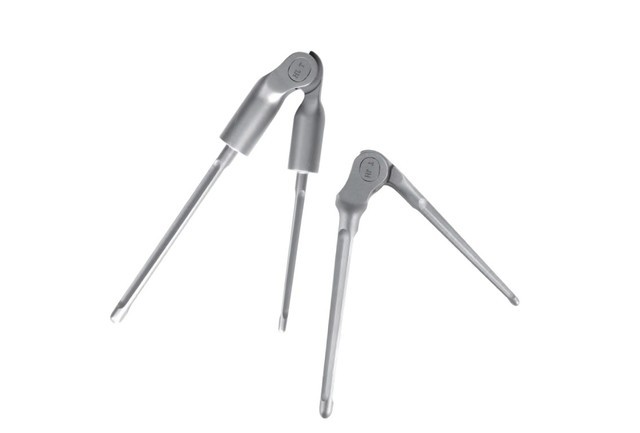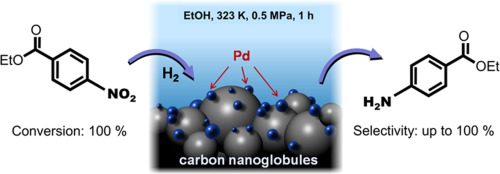How Do Metal Materials Work in the Medical Field?
In recent years, metal materials have become indispensable in the medical field due to their unique and irreplaceable properties. These materials are widely used in diagnosis, treatment, replacement, repair, and even enhancement of human functions. The use of metal materials in medicine dates back to the Phoenician's use of metal for filling teeth in the third or fourth century BC. Significant advancements were made in the 19th century with the introduction of nickel-plated steel screws for fracture repair in 1896.
Medical Stainless Steel
Steel is an iron-based alloy with various formulations resulting in different properties. It is widely used in operating rooms for tools such as operating knives, scissors, and hemostatic forceps. The benefits include:
- Ease of processing: Steel can be easily shaped and molded into various forms required for medical tools and devices.
- High strength: Provides durability and the ability to withstand significant force without deformation.
- Corrosion resistance: Essential for maintaining sterility and longevity in medical environments.
Cobalt Alloy
Cobalt alloys are commonly used for artificial joint implants due to their wear resistance and ability to form a passivation film, making them suitable for long-term implantation. They gained popularity as more people required joint replacements due to sports-related cartilage wear. Additional benefits include:
- Biocompatibility: Cobalt alloys are well-tolerated by the human body, reducing the risk of adverse reactions.
- Mechanical properties: High fatigue resistance and strength make cobalt alloys ideal for load-bearing implants.
Titanium Alloy

Discovered in the 1940s, titanium is valued for its lightweight, strength, and biocompatibility. It is used in:
- Bone grafting plates: Titanium's compatibility with bone tissue makes it ideal for orthopedic applications.
- Screws and fasteners: Used extensively in surgical procedures to stabilize bone fractures.
- Plastic surgery: Employed in reconstructive procedures due to its strength and minimal reaction with body tissues.
- Artificial heart membrane flaps: Titanium's durability and non-reactive nature make it suitable for long-term implantation in cardiovascular devices.
- Dental fixation: Commonly used in dental implants for their longevity and stability.
However, titanium alloys can precipitate toxic vanadium ions when worn, leading to poisoning. Current research focuses on developing vanadium-free titanium alloys.
Shape-Memory Alloys
Shape-memory alloys (SMA), such as nickel-titanium alloy, "remember" their original shape and return to it when heated. They are primarily used in cardiovascular stents. Benefits include:
- Minimal invasiveness: SMAs can be compressed and inserted through small incisions, expanding to their original shape once in place.
- Durability: Resistant to deformation, maintaining their functional shape over long periods.
Precious Metals
Precious metals like silver, gold, and platinum are known for their high inertness and minimal chemical reactivity, making them suitable for long-term implants. Gold teeth are an example of their use, as they retain their luster even in the presence of digestive enzymes. Metals like tantalum, niobium, and tantalum, niobium, and zirconium, are used in titanium alloy repair parts but are expensive. Additional benefits include:
- Biocompatibility: Precious metals are generally non-reactive with body tissues.
- Corrosion resistance: These metals do not degrade over time, ensuring longevity and stability in implants.
Conclusion
Metal materials are crucial in modern medicine, offering solutions for a wide range of medical applications. From surgical tools to implants, these materials enhance the quality of healthcare and improve patient outcomes through their unique properties. Continued research and development in this field promise even more advanced and safer medical applications in the future. Stanford Advanced Materials (SAM) provides a wide range of these metal materials, supporting the medical industry's needs.



